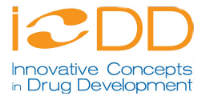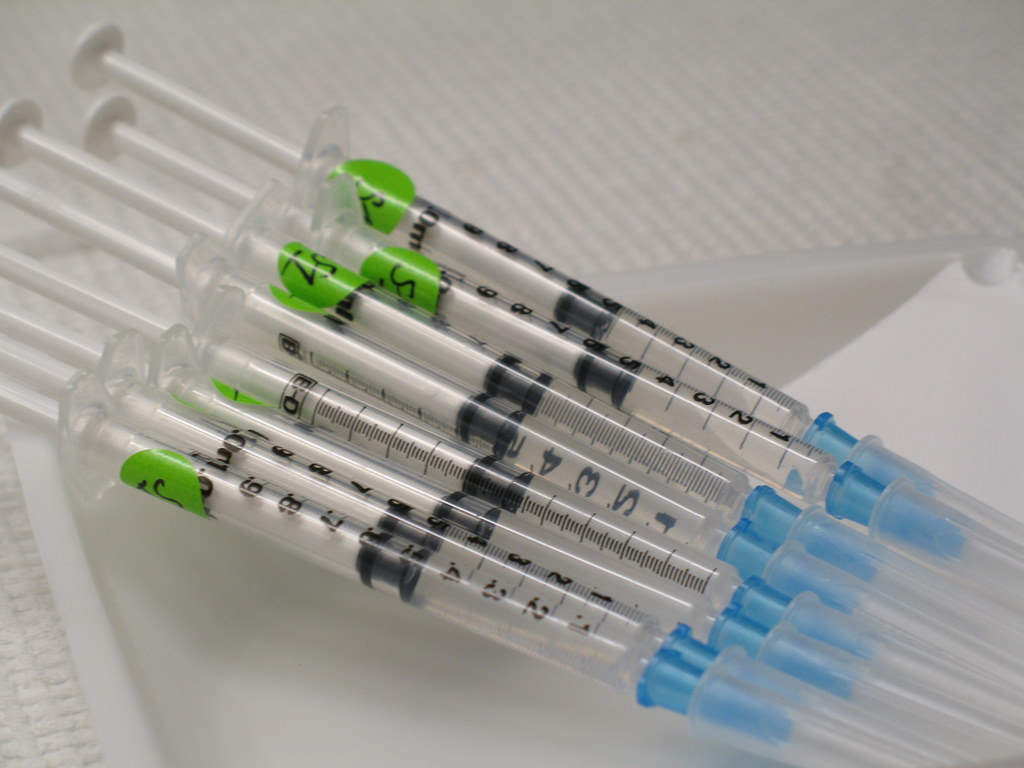

ICDD
Translatable Mitochondria Testing for Drug Safety and Efficacy
Innovative Concepts in Drug Development (ICDD) provides an innovative toolkit for the pharmaceutical industry that is based on mitochondrial testing.
Subscribed
You have successfully submitted your enquiry. Someone from our company will respond ASAP
About Us

Innovative Concepts in Drug Development (ICDD) provides an innovative pharmaceutical toolkit that is based on translatable mitochondria testing.
Aiming to improve drug development at the pre-clinical stage, ICDD develops and validates unique in-vitro disease models using primary cells, cell lines and induced pluripotent stem cell (iPSC) derived cells to demonstrate the mechanism of action of compounds at mitochondrial targets.
Ranging from specific disease signatures for neurodegenerative diseases to an exclusive cancer profiler designed to identify multi-drug resistance to oncology drugs and the company’s latest non-alcoholic steatohepatitis (NASH) model for metabolic diseases, ICDD’s innovative technologies help drug developers obtain translatable results at crucial pre-clinical stages.
Mitochondrial function and behaviour for safety and efficacy demonstrations
ICDD demonstrates the safety and efficacy of new chemical entities and biologicals using mitochondrial function assessing bioenergetics, redox status, mitochondrial DNA (mtDNA) content and interactions with the endoplasmic reticulum. ICDD also uses its unique Mitostream® technology to qualify and quantify mitochondrial behaviour phenotypes, assessing 48 descriptors such as motility, dynamics, permeability and organisation of the reticular mitochondrial network.
ICDD’s team of experts provides clients with fully interpreted and meaningful results in a comprehensive research report.
Validated and reproducible model for NASH
ICDD has developed a highly reproducible in-vitro model to help companies select and qualify products that reverse NASH-induced mitochondrial dysfunctions in liver cells.
Standardised protocols and reagents are used to generate characteristic lipid droplet accumulation and the increase of triglyceride in living liver cells. These impair mitochondrial respiration, disrupt redox balance, generate mild depolarisation of mitochondrial membrane and endoplasmic reticulum (ER) stress, and reduce protein synthesis.
ICDD’s NASH model is particularly pertinent for the selection of NASH-reversing drugs as ICDD has also characterised the intracellular signalling pathways corresponding to liver steatosis.
CNS disease-modifying drug selection
With a particular focus on Parkinson’s and Alzheimer’s diseases, ICDD has identified and characterised unique and specific disease signatures for neurodegenerative disorders, which can be used to demonstrate the efficacy of disease-modifying drugs.
The mitochondrial behaviour-based Mitoselect models can be used to identify phenotype reversal and compound mechanism of action at disease-relevant targets (autophagy/mitophagy, ER stress, bioenergetics, mtDNA content). Drugs validated in this model at a pre-clinical stage in the past five years are currently in clinical development.
ICDD’s Mitoselect platform and proprietary models are available through partnering to identify disease signatures in other pilot cohorts of patients as well as drug response elements.
Cancer profiling to identify aggressiveness and drug resistance
Even though the Warburg effect is a hallmark of cancer, different cancers have different metabolic profiles, which can lead to multi-drug resistance.
ICDD’s Cancer Profiler enables oncology researchers to determine the targets associated with the aggressiveness and drug resistance of certain cancers and to stratify the response to their drugs. By identifying elements of response, tolerance and clinical resistance in the population of treated patients the Cancer Profiler further enables a patient-centred approach.
Understanding cancer metabolic profiles also makes it possible to increase treatment efficiency by identifying the appropriate adjunct to reduce cancer cell resistance.
DSEC-validated deep-learning tool for toxicity prediction
ICDD has developed a highly innovative and powerful toxicity profiler that has been validated by the Drug Safety Executive Council (DSEC).
Based on mitochondrial behaviour and cellular adaptation, this technology uses deep-learning to predict toxicity and position compounds within a large database of references with known tolerance profiles.
Called Cellesis, the technology reduces development costs by enabling pharmaceutical companies to focus only on safe compounds and to optimise tolerance prior to clinical evaluation.
In one case study, Cellesis was successfully used to bring to market a similar to a drug that, while safe in animal models, was deadly to humans. With ICDD’s predictive technology, the similar obtained the necessary data for US Food and Drug Administration (FDA) and European Medicines Agency (EMA) approval and has safely been on market for several years.
Customisable human-based mitochondria testing services
ICDD offers customisable human-based mitochondria testing services that are tailored to meet each client’s unique requirements.
The company was founded in 2007 and works with companies of all sizes, from small biotech firms to mid-size and large pharmaceutical companies.
Contact ICDD with the enquiry form on this page to discuss how its team of experts can help you advance your drug from the pre-clinical to the clinical stage.
White Papers

Projects

Chronic Plaque Psoriais Treatment with ILUMYA
ILUMYA™ (tildrakizumab-asmn) is a subcutaneous infusion indicated for the treatment of adults with moderate-to-severe plaque psoriasis.
Contact Details
Website
Email Address
Address
13420 GEMENOS,
France
